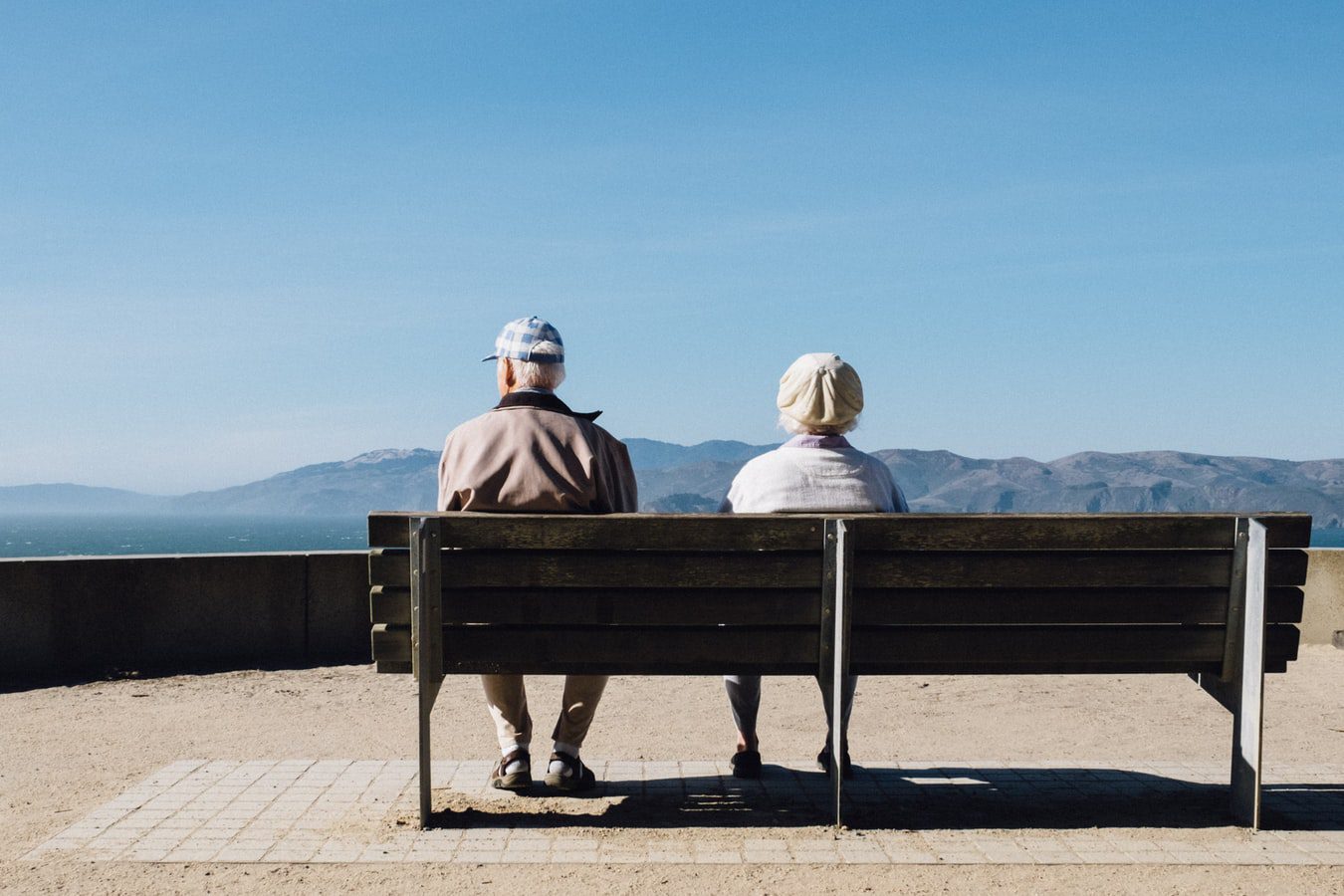Many cultures around the world – from the native Americans to the indigenous Australian population – venerate elders owing to their wisdom and spirituality, but in the Western world, is it fair to say that people become more spiritual as the years go by ? In the United States, around 90% of older people define themselves as religious or spiritual. They are also tend to participate more in the religious community, and this can also be seen across Europe.
While it is true that young people are turning away from traditional religion, this by no means indicates that they are less spiritual. In fact, recent research indicates quite the opposite – younger people are about as spiritual as those from older generations. However, they are finding new ways of connecting to the ‘higher power’, ‘greater life force’, or energy that connects all sentient things.
Youths Are Less Interested In Hierarchical Organizations
Anthropology professor Christopher Kovatz-Bernat believes that young people’s exodus from religion has much to do with the more open dialogue fostered by social media. The zeitgeist of the millennium is personalization: the idea that each and every person is entitled to embrace the ideas that are truly meaningful to them. Social media users have become accustomed to questioning everything – including authority – which is why structured religious groups have become less interesting to them.
Older People May Have A Stronger Need For Religion And Spirituality
The need for spirituality knows no age, sex or economic background, but it is true that for older people who have lost spouses, friends or family members, spiritual or religious groups can play a particularly important role. The Holmes-Rahe scale lists the death of a spouse as the single most stressful life event. This and other great losses tend to occur in one’s older years, and for those who may have had a small social life outside their family, forming part of a community can be no less than a lifeline. Religion can help people make new friendships with those with a similar faith.
It can also help them move past the most difficult stages of grief. In one study by K Walsh et al, it was found that people who professed stronger spiritual beliefs tended to resolve their grief more quickly and completely than those who did not have these beliefs. Religious groups can also help reduce loneliness and make older people feel like an important part of the communities they live in.
Spirituality Has No Age
Spirituality can be a vital source of support for the elderly. Many studies have been carried out in the past decade regarding the benefits that a spiritual life can bring. As stated in a study by Lindanor Jacó Chaves et al, embracing spirituality or religion in one’s older years can help people “bear the limitations, losses, and difficulties that are inherent” to aging itself. However, suffering is an inherent component of the human condition, affecting some more than others but often with little regard to age. Young people too can have life-shattering experiences and can need spiritual support to weather these losses.
It is difficult to answer the extent to which spirituality increases with age because belief is difficult to quantify. Statistics show that a vast majority of older people are spiritual or religious, but they also indicate that spirituality is deeply important to younger generations as well. One study by C Puchalski highlights the important role that spirituality can play in something as universal as healthcare. Spiritual care can be as vital as physical care; both involve serving the whole person – physically, emotionally, socially and spiritually.
Written by Jane Sandwood















